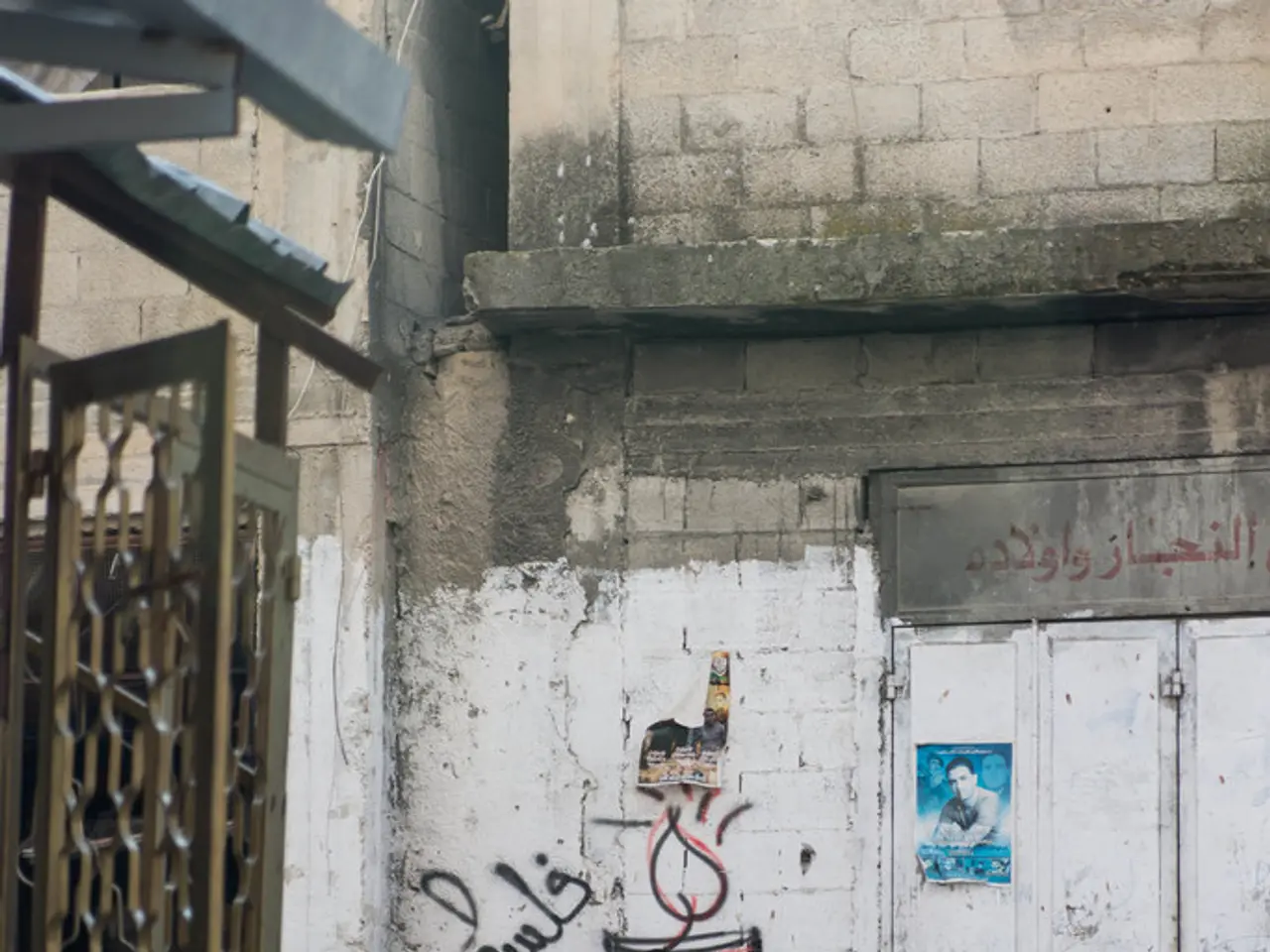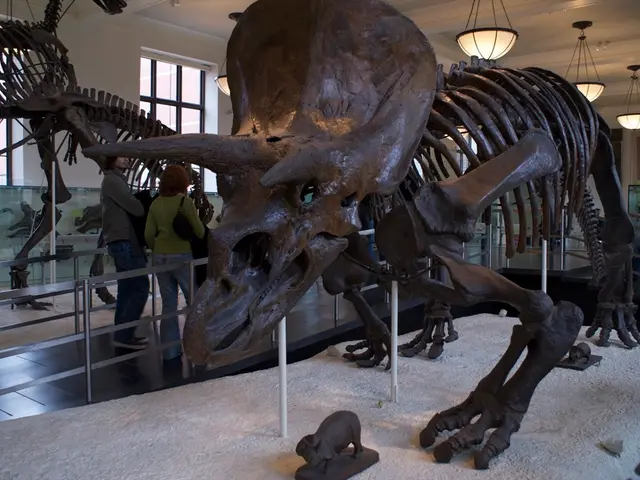Increase in legal action against 1,000 individuals due to impeding eviction on Bakkhali River
In a significant move to protect the Bakkhali River, the High Court has ordered the government to identify all encroachers, evict them within four months, and prevent further pollution of the river. The directive, issued on 24 August, has set in motion a series of events aimed at reclaiming the river's original boundaries.
The eviction drive, jointly conducted by the Bangladesh Inland Water Transport Authority (BIWTA) and the district administration, began on 1 September. However, the campaign has faced strong resistance from residents, leading to the suspension of the drive on Friday.
The case was filed by BIWTA port officer Md Abdul Wakil, accusing 259 people, nine named, for attacking police and obstructing work during the eviction drive. Another case filed on 3 September accuses 411 people, including 11 named individuals, for similar disruptions. Political leaders, lawyers, businessmen, and locals have also been implicated in the case.
The prime accused in the case is former district Chhatra Dal general secretary Advocate Monir Uddin. The eviction drive involved officials accompanied by an executive magistrate, police, Rapid Action Battalion (RAB), and army personnel.
The Bakkhali River, originating in Naikhongchhari, passes through Ramu and Cox's Bazar Sadar before flowing into the Bay of Bengal. Encroachment is most severe along a six-kilometre stretch between Nuniarchhara and Majhirghat, where over 1,000 illegal structures have been built in the last decade.
Following the ruling, Shipping Adviser Brig Gen (retd) M Sakhawat Hossain visited Cox's Bazar on 30 August and announced a comprehensive list of encroachers would be prepared. The order also required an RS survey to determine the river's original boundaries.
Delays allowed illegal occupation to expand, and in early 2023, a joint drive cleared over 600 structures, freeing 300 acres of mangrove land. Unfortunately, more than 200 houses and shops were rebuilt in the cleared areas, and many areas were later reoccupied.
As of now, a total of 1,650 people have been accused in eviction-related cases since 1 September. The current eviction drive has demolished more than 400 illegal structures, reclaiming at least 56 acres of river land.
The standoff between residents and officials has caused significant traffic disruptions in the area. Hundreds of residents blocked the main and airport roads with pushcarts and burning tyres during the eviction drive.
The Bakkhali River is a crucial waterway in Cox's Bazar, and its protection is essential for the region's ecological balance and economic prosperity. The ongoing eviction drive is a step towards preserving the river and ensuring its cleanliness for future generations.








